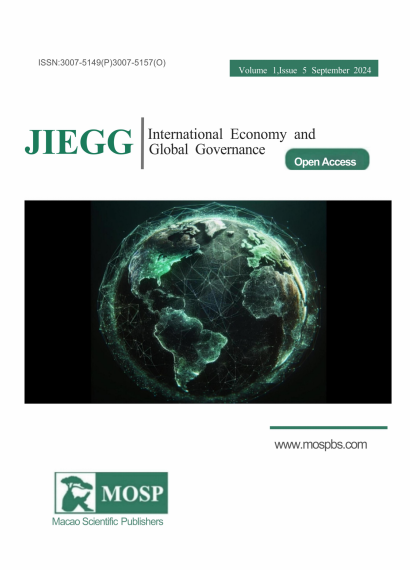Abstract
The PIRLS assessment framework is a crucial indicator in the PIRLS assessment system, playing a key function in gauging the development and improvement of students’ reading abilities in numerous nations. This paper will certainly disclose the academic keystones of PIRLS, including the meaning of reading literacy, 2 kinds of reading purposes and 4 processes of reading comprehension. Through an in-depth analysis of a series of good teaching practices, it will explore what reading instructional strategies teachers can use under the PIRLS concept into practice, including returning the right to ask questions to students, structuring the handling of reading instruction, enriching reading courses, encouraging students to enjoy and delve into reading, in order to stimulate students to read actively and think critically so as to enhance their reading literacy.
Keywords: BPIRLS, Reading Instructional Strategies
Download the full text PDF for viewing and using it according to the license of this paper.

